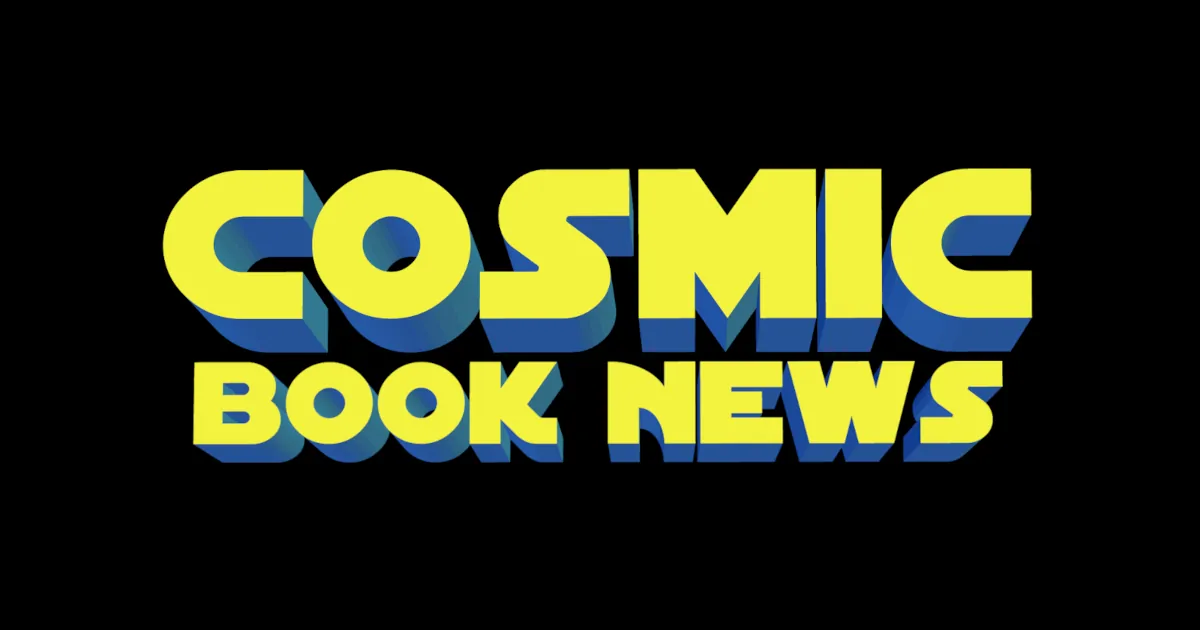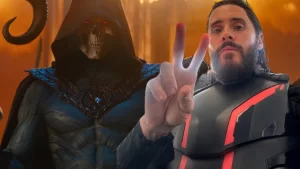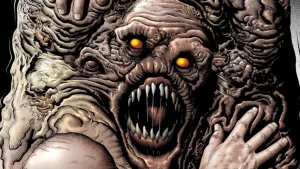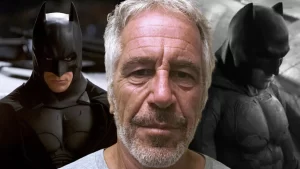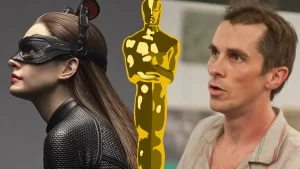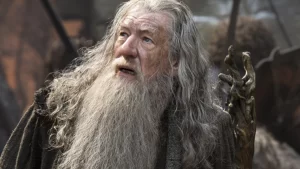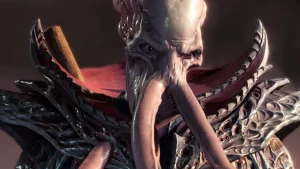Kratos Would Have Smoked Them All!
A film review of Wrath of the Titans
By: Lawrence Napoli
So the reboot of The Clash of the Titans was apparently worthy of Worthington once again because Perseus returns to face the fire in the Wrath of the Titans. Theoretically, any film can have a sequel made of it so long as Hollywood makes lots of cash. However, examining the numbers for this franchise doesn’t make the strongest case for resulting in a big pay day. Clash had a budget of $125 million, but only grossed $163 million at domestic theatres. Its sequel has poor timing to deal with seeing how the pre-summer juggernaut, The Hunger Games out earned Wrath during its debut week. This isn’t particularly good news for Warner Bros. because they coughed up a cool $150 million to get Wrath made. I guess this just means that The Dark Knight Rises is simply going to have to sell that many more tickets in late July (which it will have no problem doing). Still, I was intrigued to see if this film could do a little more than its predecessor because the cast was still solid, no screen time had to be dedicated to origin stories or establishing characters, so theoretically, the audience can just roll right into the action and everything would be good. Well, that was most certainly NOT the case.
Problem #1 was that the general storyline of Wrath has literally been done just a few months ago in November of 2011 for Immortals. That film also centered around “releasing the Titans” as the major catastrophe that was to be thwarted by the heroics of mankind. Granted, Wrath’s scale, budget and cast are on a much higher level than Immortals, but there’s no denying the sensation of déjà vu in this film. Once again ladies and gentlemen, you want the reason for a movie sucking? You go to the reason a movie sucks: BAD WRITING! Dan Mazeau, David Johnson and Greg Berlanti apparently had to combine their powers to produce this most heinously generic fiction of fantasy — and guess what boys and girls? None of them had anything to do with 2010’s Clash of the Titans. Mazeau is a novice writer in this industry (but has somehow been hired to pen the screenplay for The Flash adaptation), but Johnson and Berlanti have no excuse considering their experience. Johnson wrote the Chupacabra and Triggerfinger episodes of The Walking Dead TV show in addition to Orphan (2009) and Red Riding Hood (2011). Berlanti has written for lots of TV as well including Dawson’s Creek, Everwood and Eli Stone, but also was responsible for Green Lantern and is going to be a producer for Green Lantern 2 (the search for even worse writing). The only thing interesting about the script of Wrath of the Titans is picking out every single scene, set piece and action sequence that was low-jacked from the God of War video game series. Otherwise, the story is a jigsaw of inconsequential activity outside of what Perseus does himself. Every other character could literally have stayed home, chilling out in their loincloths, to ride out the “Titanic” hostilities because their presence made no difference.
Problem #2 was that the action was neither dynamic nor compelling. I know what you might be thinking: “What about those double torso golems that hacked and slashed their way through the human army that we all saw in the trailers?” Sorry, but what you’ve already seen is all that you will get in this film. Generally speaking, all of the “godly” activity at work in Wrath seemed somewhat neutered because they were all lesser substitutes for EVERY action sequence that was created for Clash. Giant scorpions get subbed with Chimera, Medusa gets subbed with Ares, and (the big bad) Kraken gets subbed with Kronos. The setup, circumstances and execution of these three major sequences in both films are virtually identical which inevitably lessens the impact of the sequel. The rest of the action in Wrath is placed on the shoulders of Sam Worthington’s fisticuffs requiring him to wrangle monsters, and go toe to toe with gods. The one on one combat was choreographed well enough, but again, there was nothing particularly unique about it. I honestly preferred the 300 stylized violence of Immortals. Simply put, I felt that more needed to happen than “monster appears, Perseus kills it, rinse and repeat.” Every physical altercation is extremely brief with the exception of the climactic battle of which Perseus’ participation involves riding his Pegasus the whole time. Ho hum.
The visual effects in Wrath are incredibly inconsistent. The most impressive visuals were of the Tartarus labyrinth that was planetary in scale, ever-shifting in layout and featured some very detailed backdrops which really showcased some excellent CG talent. Unfortunately for me, I experienced all of that before in the God of War video game series and although seeing this otherworldly prison on the silver screen with Hollywood caliber graphics was cool, it really isn’t a far cry from PS2 and PS3. The least impressive visuals were delivered whenever any marquee god makes an appearance. Remember Zeus’ awesome lightning armor from Clash? Well, too bad, because it doesn’t exist anymore as it apparently takes an aneurism to spark a thimble’s worth of lightning for the thunder god. Poseidon doesn’t demonstrate any abilities at all while Hades uses the same old shadow clouds from Clash. I was really expecting more from Ares, the (technical) god of war, but all he really does is swing a large hammer — the end. I felt that the character design of all the monsters: Chimera, Cyclops, Kronos, Minotaur and Makhai were excellent. Their action, powers and abilities felt very restricted as none ever seemed like actual threats to Perseus at any time. If CG opposition is not showed harming any of the main characters in some graphic way, they must display their relevance through massive collateral damage of the environment and/or extras. The world was relatively unscathed and the body count not nearly high enough for this mythic, end of the world scenario.
Actors can make or break the best and worst films. The potential for a performance to forgive plot gaps and nonsensical circumstances is the reason why big budget films haven’t invested more in digitizing the entire cast. After having seen Wrath of the Titans, I’m fairly certain digital actors would have been an upgrade. I must immediately mention that the performance of Ray Fiennes as Hades is the worst of his career which is such a disappointment because he is a great actor that has an incredibly diverse collection of performances under his belt. I couldn’t have imagined a less menacing and evil Hades even if I was having a mescaline induced wet dream. Rosamund Pike’s performance as Queen Andromeda (warrior princess) was fine as the token love interest for an action/adventure, but her contribution to the plot as a character is irrelevant short of having the need for at least one pretty face. Toby Kebbell provided some much needed comic relief with his rendition of Agenor, but his opportunities to shine were severely limited. Liam Neeson redefines “going through the motions” with his reprisal of Zeus. In many ways, his performance is the polar opposite of what he delivered earlier in the year for The Grey which was simply layered with emotion after emotion. As for Sam Worthington, well I like him in any role where his thick Australian accent isn’t a distraction, but in a Greek mythology film where everyone else in the cast uses an English accent, Worthington’s “ausie” is far too out of place. Unfortunately, this aspect of his performance could not be addressed because Perseus spoke this way in the first film thanks to a gutless, visionless or simply dumb (take your pick) decision by director Louis Leterrier to allow his natural accent in the first place. Regardless, Worthington is solid as the male lead in this kind of film because all it requires is being hard and kicking ass.
I found myself second guessing the desire to see this film in the first place with every word I typed in this review because it was truly forgettable in every way. Ultimately this movie is an absolute pass as I suggest to you all to save that $8 and put it towards an IMAX 3D ticket for The Avengers. What’s interesting to make note of is the affect globalization has had on Hollywood, specifically when it comes to bad movies and the money they make overseas. As of April 10, 2012 Wrath of the Titans has grossed about $61 million dollars in the US which is less than half of its original budget, but its global returns are estimated at $213 million. Never before has lowering standards while maximizing profits been more relevant than it is today because it is the dominant, global, economic philosophy that pervades all business. In 1995, Kevin Costner’s Waterworld set the new standard for sub par filmmaking as it was reviled in the American media primarily for being terrible, but also for its pathetic returns at the box office. It only grossed $88 million on a budget of $175 million, yet its global returns yielded $264 million so it begs the question if this film ever deserved moniker of “biggest flop of all time” in the first place. The truth is there is great money in bad filmmaking so long as enough money is fronted in the first place. Profits in Hollywood may not always be exponential (Green Lantern’s global returns were $219 million on a budget of $200 million), but they can be assured when taking retail and on demand sales into account. Personally, I’m done with Greek mythology films until Sony gives the thumbs up for the God of War adaptation.

